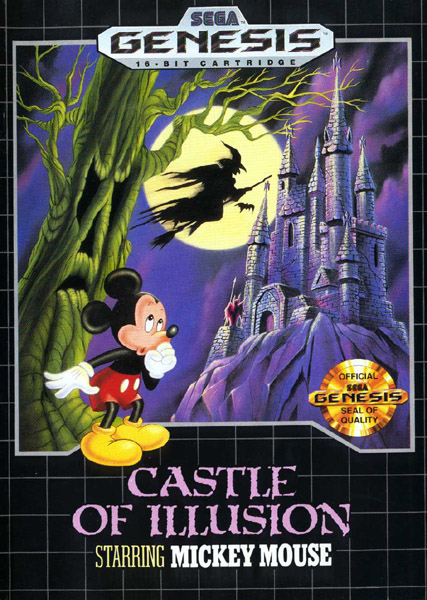The Age Question
I have been thinking recently about the question of age when it comes to writing. This is partly because of the podcasts I did at Alt Fiction which touched on the issue. Links below:
New Writers and Breaking in with Alex Bell, Kate Griffin and M D Lachlan: http://unboundblogzine.podbean.com/altfiction-new-writers-and-breaking-in/
Fantasy - The New Generation with Alex Bell, Kate Griffin and Mark C Newton: http://unboundblogzine.podbean.com/altfiction-fantasy-the-new-generation/
There’s also the fact that people increasingly ask me for advice about how to get published, which always makes me remember one spectacularly ludicrous piece of advice I once got. When I was fifteen I was really enjoying the work of a particular author (who shall remain nameless) and so I decided to write her a gushing email, telling her that I wanted to be an author one day as well. She sent me a very nice reply, which I was very chuffed to get, but in it she said that her advice about writing (I do not recall actually asking for any) was that I shouldn’t even try to write a book until I was at least forty. ‘I know that sounds hard,’ she said, ‘but you have to have stuff to write about.’
Eh? Stuff to write about? What nonsense is this? I remember being quite miffed by the suggestion that my age meant I was not qualified to write a novel, especially since the author knew nothing about me or what I had done, or where I had been, or what I had lived through.
I would expect anyone to become a better writer as they get older and more experienced – both at writing and at life – but I don’t think it’s as black and white as there being a fixed minimum age – not when everyone’s experience of life is so vastly different. Besides which, a lot of the authors I know got their first book deal before they were forty. But there is this idea that if you’re very young, you won’t be able to write a novel of any worth. I’ve realised that I’m even guilty of this prejudice myself. If I find out that a book was written by a teenager (Eragon, for example) I am instantly dubious about reading it, despite the fact that I was a teenager when I wrote my first published book. Hypocritical of me, I know but there it is - I ain’t perfect. It seems to be a sort of sliding scale, where everyone has their own idea of how old a writer has to be in order to write well.
But what is it that we think a writer should have experienced before they can start? Love seems to come up a lot. Does someone have to know what it’s like to fall in love before they can write a book? Do they have to know what it’s like to get their heart broken? Should they have had a near death experience? Should they have travelled all over the world? The travel requirement is often mentioned in The Waltons (yes, I do watch it, and I love it too). John-Boy wants to be a writer, but he believes he can’t be one whilst he’s living in the mountains. He thinks he has to move to a city and see more of the world. Is this true? I have been very lucky with how much I’ve travelled, and there is no doubt that those experiences have influenced my writing. But is it a necessity? I’m not sure. Imagination, after all, is the key part of writing a book. You can be a recluse sitting in a mountain hut and still have a fantastic imagination.
And that leads on to the other point that your characters are not you. Your experience of being in love, or travelling to remote places, or whatever, will not be the same as theirs. My characters do not react to things the same way that I do. Still, there can be no doubt that experiencing something yourself is going to aid the process of describing it. But that’s all it does – it helps. It is not essential. You do not need to cut off your own hand before you can imagine how it would hurt. And you know you’re taking the writing thing just a bit too seriously when you find yourself bemoaning the fact that you never broke any bones as a child (as a result of being the careful, bookish type) and so don’t know what it feels like for the character you’re writing. I was quite shocked to find myself looking at my hand and thinking: ‘Wouldn’t it be great if I could break a finger or something?’ – just so that I would have direct, first-hand experience of what it was like, and so could write about it better. Where did I put that hammer anyway . . . ?
I think my conclusion at the end of all this is that as you get older and experience different things, your writing should improve. But as for when it is legitimate to start, I would suggest that so long as you have experienced some form of happiness and some form of misery then you are qualified to write a book. The rest can be fleshed out using your imagination. We are writing works of fiction, after all, not the world’s dullest autobiography.




